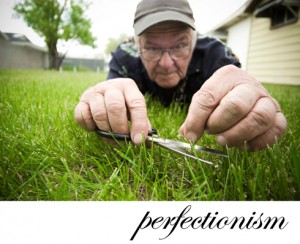Okay, not really. He’s actually quite brilliant, as his best-selling books and large blog following attest. And I agree with him most of the time. But about a week ago, he said:
The easiest customers to get are almost never the best ones.
If you’re considering word of mouth, stability and lifetime value, it’s almost always true that the easier it is to get someone’s attention, the less it’s worth.
Let’s think about this, shall we. . .
HARD TO GET CLIENTS
- Make you sell them on why they need legal services and why they should hire you instead of any other attorney
- Shop around, interview you, take forever to decide
- Are skeptical and question everything; trust is paper thin
- Bargain over fees (and question your bills)
EASY TO GET CLIENTS
- Are ready to sign up, pay your retainer, and follow your advice
I’ll take the easy clients, thank you.
Easy to get clients usually come through referrals. They trust the party who refers them, who trusts you and can attest to your trustworthiness and value. Easy to get clients might also be frequent readers of your blog or newsletter. They may have heard you speak or met you through networking. They might be friends or followers on social media.
Easy to get clients are easy to get because they know, like, and trust you. When they need (and want) your services, they’re pretty much ready to go.
It’s true that hard to get clients can turn out to be some of your most loyal clients and ardent fans. They have examined you with a fine tooth comb and found you worthy. Having passed inspection, you get their business and their referrals. But this doesn’t necessarily make them better clients or worth more to you than their easy going counterparts.
And then there are those who are neither hard to get nor easy to get. They are the folks who saw your ad or found you through search. They require a bit more effort before they will hire you but that hardly makes them “hard to get” or less valuable as clients.
I think Seth may be referring to those big clients who have lots of firms competing for their business. These clients know they are valuable and take advantage of that. They demand, and get, the lowest fees and the most concessions. They cut into your margins and make you miserable trying to keep them happy.
You can have them. I’ll take the easy clients, thank you.








